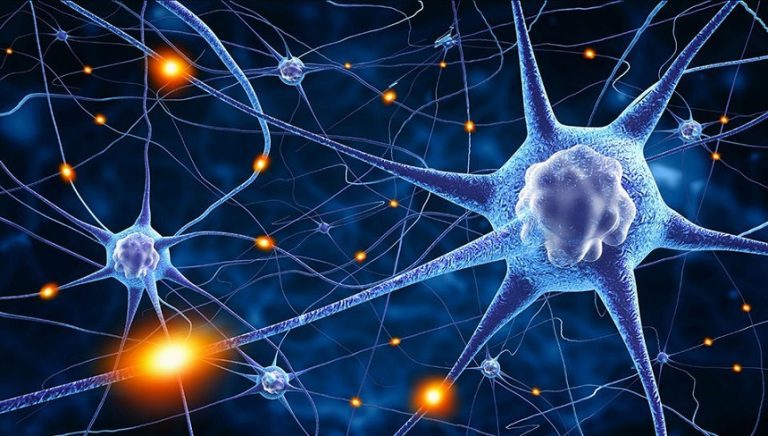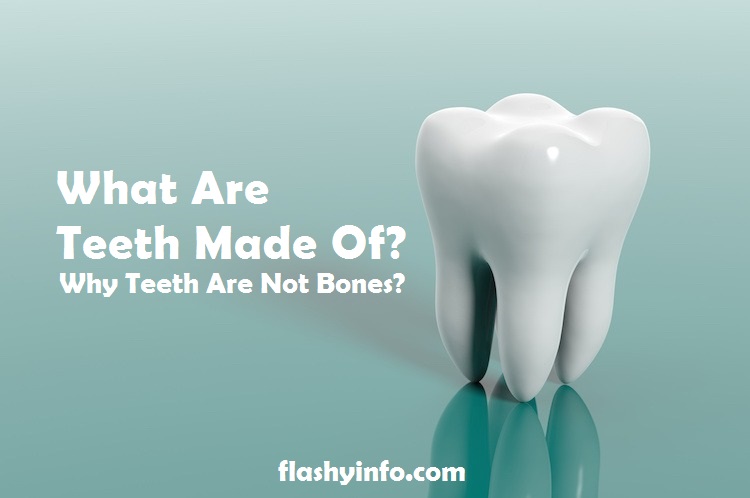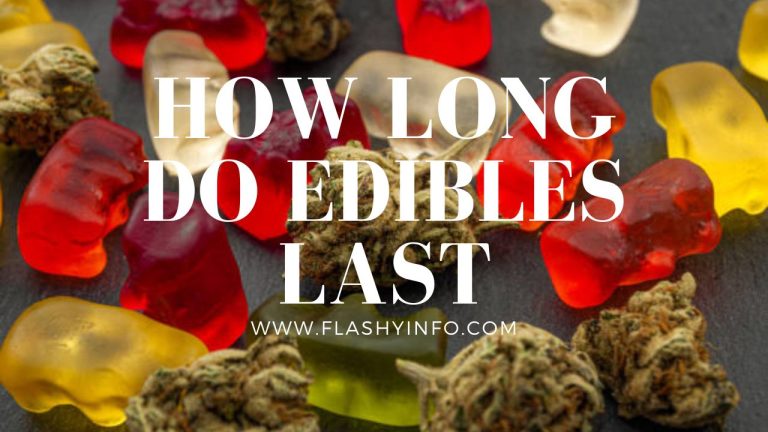THC and Pain Management: How THC Offers Relief from Chronic Pain Conditions
Pain is the body’s warning signal that something is wrong and medical attention is needed. It’s the leading cause of emergency room visits, regardless of health status. However, it is sometimes difficult to cure pain because of its diverse origins, some of which are little understood.
Some forms of pain cannot be alleviated by medication, and when they are, it often comes with a host of undesirable side effects. In preliminary studies, cannabinoids have shown a great deal of potential as a pain treatment.
How Does THC Help in Treating Chronic Pain?
When metabolized, Delta 9 vape pen has profound impacts on many vital bodily processes, including appetite, mood, inflammation, energy, and pain. Medical cannabis has been demonstrated to modulate the experience of pain at every level of the body’s processing of pain, which may explain why so many people with chronic pain are turning to it. By activating CB1 and CB2 receptors, the endocannabinoid system in the human body may provide analgesic effects.
Both the brain and peripheral nerves have CB1 receptors. Both physical and psychological pains are under the control of these receptors since they are involved in their neurotransmission. Pain is modulated and controlled by CB2 receptors, which are located on immune cells.
Chronic Pain Relief with Cannabis

A person’s quality of life may be significantly diminished by constant discomfort. Conditions including fibromyalgia, neuropathy, and arthritis are linked to chronic pain, which may occur either continuously or intermittently but persist over time.
Injuries and the negative effects of certain cancer therapies, such as chemotherapy, are other possible sources of persistent pain. People with chronic pain have found relief with cannabis.
Use of Cannabis for Sudden Pain
Pain that comes on quickly and strongly is said to be acute. Acute pain, in contrast to chronic pain, often subsides within a day or perhaps an hour. Acute pain is experienced by many individuals every day, and the most frequent varieties are headaches, backaches, and muscular discomfort. Cannabis has shown promise as a treatment for this and other forms of severe pain in animal studies.
- Ache in the Muscles and Joints
Cannabis may help with both joint and muscular pain, according to research. Some people have found relief from mild muscle sprains and joint pain using medicinal marijuana.
- Sore Teeth

Cannabis has long been utilized in traditional medicine to alleviate the discomfort associated with dental disease or dental surgery. Cannabis’ analgesic and anti-inflammatory properties make it a promising option for treating dental pain.
- Bone Fractures
Musculoskeletal discomfort may be excruciating after a fracture. Cannabis has been studied for its ability to treat chronic pain associated with bone fractures, which may last for months or even years after the initial injury has healed.
How to Use Cannabis Most Effectively for Chronic Pain?

Cannabis is most effective for treating chronic pain when taken orally. This category contains capsules, edibles, and sublingual drops. Sublingual use of THC reduces pain within 15 to 30 minutes.
It takes 60–90 minutes for edibles and pills to take effect because the liver must first digest the cannabinoids in them. The effects of ingesting cannabis extend anywhere from four hours to twelve hours, with peaking two to three hours after intake.
In comparison to when it is taken orally, the pain-relieving effects of inhaled cannabis may be felt within 15-30 minutes. The effects of inhaled cannabis, however, wear off after about three hours. Taking cannabis orally is the most effective method for providing long-term pain relief.
Conclusion
Although several studies have shown promise in using THC to treat pain, further investigation is required, particularly in the form of long-term human trials. If you are using vape pens, learn how to charge a vape pen. However, THC has shown some positive results in treating chronic pain. THC’s potential benefits include not being psychoactive and maybe having fewer negative effects than many other pain treatments.







